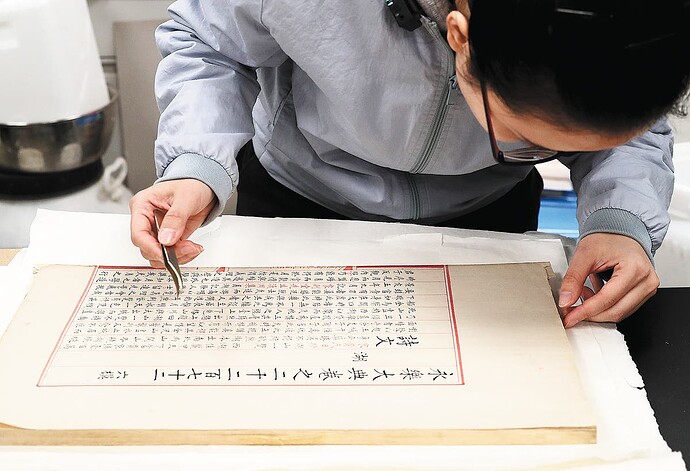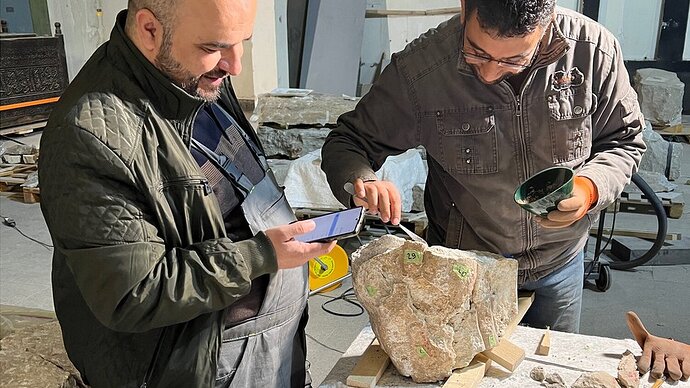Ancient
Ancient refers to something that existed or took place a long time ago, typically between the periods of prehistory and the Middle Ages. The term ancient is usually linked to the history, cultures, and civilizations that existed before the modern era. In this article, we will dive deeper into the different aspects of ancient history, including some of the significant events, civilizations, and cultures that have shaped our world today.
History of Ancient Period
The ancient era in history began with the emergence and evolution of Homo sapiens about 250,000 years ago. These early humans were hunter-gatherers who lived off the land, and had no written language, hence the period is referred to as prehistory. However, as humans evolved, they began to develop complex social systems and advanced tools and technologies. Prehistoric times were marked by significant developments such as the discovery of fire, the development of language, the creation of art, and the domestication of animals.
The ancient period is usually divided into different time periods, which include the Paleolithic (Old Stone Age), the Mesolithic (Middle Stone Age), and the Neolithic (New Stone Age). The Paleolithic period lasted from the emergence of humans until around 10,000 BCE. This period was marked by the evolution of humans, who began to use sophisticated tools and developed communication skills. The Mesolithic period lasted from approximately 10,000 BCE until 8000 BCE, during which humans adapted to changing environmental conditions and developed agriculture. The Neolithic period lasted from 8000 BCE until the end of the ancient period, during which humans developed the wheel, writing, and complex social systems.
Significant Ancient Civilizations
One of the most important aspects of ancient history is the existence of significant civilizations that were responsible for shaping many aspects of modern life. In this section, we will explore some of the most notable ancient civilizations.
Egypt
Ancient Egypt is one of the most well-known and influential civilizations in history. The ancient Egyptian civilization lasted for over 3,000 years, from around 3150 BCE to 30 BCE. The civilization was characterized by its impressive infrastructure, including the pyramids and temples, and the creation of a centralized government with a pharaoh as its ruler. Egyptians were also known for their monumental art, language, and religious beliefs.
Greece
The ancient Greek civilization is renowned for its contributions to philosophy, literature, science, and art. The Greeks developed the first democracy in the world and created a strong culture of intellectualism, including the works of Plato, Aristotle, and Socrates. Greeks were also responsible for the creation of the Olympic Games and the concept of theater.
Rome
The ancient Roman civilization had a lasting influence on Western culture and law. The Romans were responsible for the development of a codified legal system, which is still relevant today. They also created the first modern road system, and built some of the world’s most impressive architectural achievements, such as the Colosseum, aqueducts, and public baths.
China
The ancient Chinese civilization was characterized by its exceptional advancements in science, technology, and medicine. The Chinese invented gunpowder, the compass, and the printing press. Additionally, they created elaborate systems of government, art, and philosophy.
Conclusion
The ancient period in history represents a significant time of growth and development for humans. The different cultures and civilizations that developed during this era helped shape our modern world. With the advent of writing, art, philosophy, government, and infrastructure, ancient societies created a foundation for modern advancements, which continue to shape our world today. Therefore, it is vital to study ancient history comprehensively to understand how far humanity has come and how much more we can achieve.
Disclaimer
6do Encyclopedia represents the inaugural AI-driven knowledge repository, and we cordially invite all community users to collaborate and contribute to the enhancement of its accuracy and completeness.
Should you identify any inaccuracies or discrepancies, we respectfully request that you promptly bring these to our attention. Furthermore, you are encouraged to engage in dialogue with the 6do AI chatbot for clarifications.
Please be advised that when utilizing the resources provided by 6do Encyclopedia, users must exercise due care and diligence with respect to the information contained therein. We expressly disclaim any and all legal liabilities arising from the use of such content.






